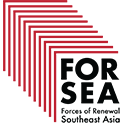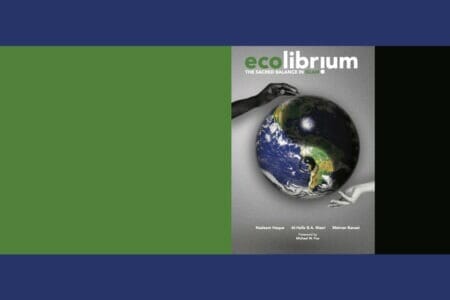
An Islamic Perspective on the Sacred Balance of Humanity, Animals and Nature: An Overview of “Ecolibrium”
"Ecolibrium: The Sacred Balance in Islam" is a book that focuses on the plight of humanity, animals and nature. It seeks to address the causes of ecological, environmental and developmental degradation utilizing three groups of main sources: empirical evidence from nature and history, the Quran and authentic Hadith, and logical inferences.

Warnings from the Balkans, again! Denials of Bosnian Genocide, Prospects for Bosnia’s Disintegration and Great Powers in a Small Playground
The FORSEA Dialogue on Decolonizing Minds, Democratizing Knowledge Series welcomes Distinguished Guest, Demir Mahmutćehajic, a veteran leading activist in the civil rights movement DOSTA! or Enough! in Bosnia and Herzegovina and a co-founder of UK's Islamic Human Rights Commission.
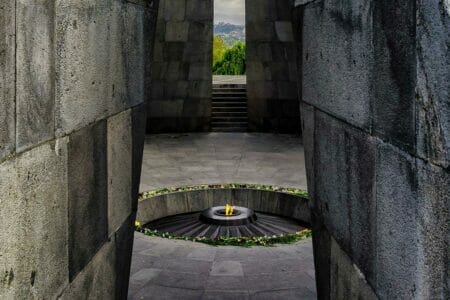
ကိုလိုနီ စိတ်မှ လွတ်မြောက်ပြီး ဒီမိုကရေစီနည်းကျ အသိပညာပြန့်ပွားရေး၊ FORSEA ပညာရှင်များ စကားဝိုင်း
ရိုဟင်ဂျာလူမျိုးစုနှင့် ၎င်းတို့သမိုင်းကို မြန်မာနိုင်ငံမှ ဖျက်ဆီးခြင်းတို့ကို ဂျင်န်နိုဆိုက် (genocide) လူမျိုးတုံးအမြစ်ဖြုတ်မှု အဖြစ်ရှုမြင်ခြင်းနှင့် ပတ်သက်၍ ကမ္ဘာ့အဆင့်ပညာရှင်များ စကားဝိုင်းတစ်ရပ် ပြုလုပ်ခဲ့သည်။

Post-Holocaust Genocides as a Single Clearest Indictment of the Criminal Failure of the United Nations & World Civilization
FORSEA’s new YouTube LIVE Dialogue series “Decolonizing Minds, Democratizing Knowledge” hosted its first episode, looking at Rohingya identity and history destruction by Myanmar as a real-world case.
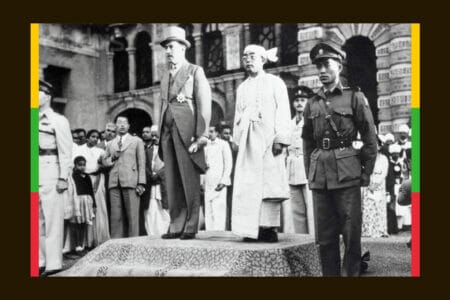
The Violent Legacies in Myanmar of Colonial Knowledge and Area Studies
A major problem standing in the way of progress of what should be a joint front is that academics have clung to the myth that academics are observers, not participants, and that they should stand beyond politics. Unfortunately, in the Area Studies of the American and the British Academies, the 'discipline IS political'. Our disciplines have emerged from the colonial period as tools of empire and were preserved after the...

The Destruction of Rohingya Identity and History: Myanmar’s Continuing Genocide, Colonial Knowledge and Burma Studies
This week FORSEA is launching a new dialogue series “Decolonizing Minds and Democratising Knowledge”. Our inaugural episode is on the destruction of Rohingya identity and history by Myanmar state (the national military) and non-state actors (a local militia and its local community), the process of which involves perpetrating groups, inter alia, using heavily British colonial era records such as censuses designed and taken for colonial administrative purposes.
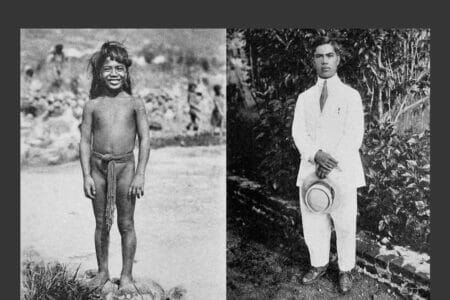
Anthropology has cheated on me
In this poem, Chu May Paing, a radical Burmese feminist thinker and student of neo-imperialist White Academy and its modes of operation, confronts her chosen field of cultural anthropology.

Experts in Myanmar Affairs: Usurping Local Voices and Doing Harm
FORSEA is hosting an all-Burmese dialogue – in Burmese and English languages – with critical intellectuals and activists whose knowledge is grounded in their grassroots experiences. The speakers are acutely aware of the fact that as the wretched of Myanmar, they are fighting wars on multiple fronts – against the neo-imperialist thought, space and system where local knowledge is typically relegated to second class.
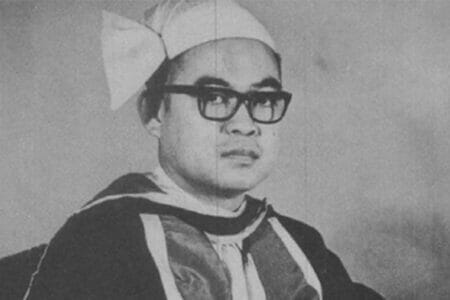
“I Was Not Used by the Military”: Myanmar Dictator Ne Win’s Most Influential Educational Reformer Dr Nyi Nyi
I am writing these words not so much as an obituary of a public figure who helped lay the educational foundation for Burma’s military-controlled politico-economic system but as a tale which offers some invaluable lessons for the western-educated elite, who self-perceive themselves as advisers, policy actors and power brokers in the government of the day.
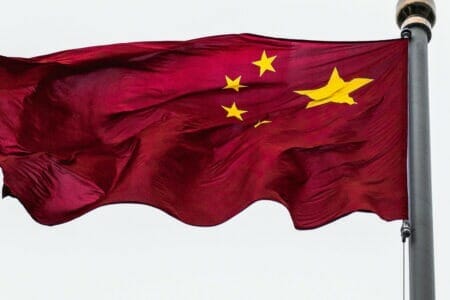
The Panda has Claws too: Why We Must Get a Grip on what the Chinese Communist Party/CCP Really Is
This week FORSEA is hosting an indepth dialogue with a distinguished researcher, journalist Didi Kirsten Tatlow on the crucial need to understand and appreciate fully the nature of the Chinese Communist Party or CCP and the profound consequences of its rise to the commanding heights of global affairs.
